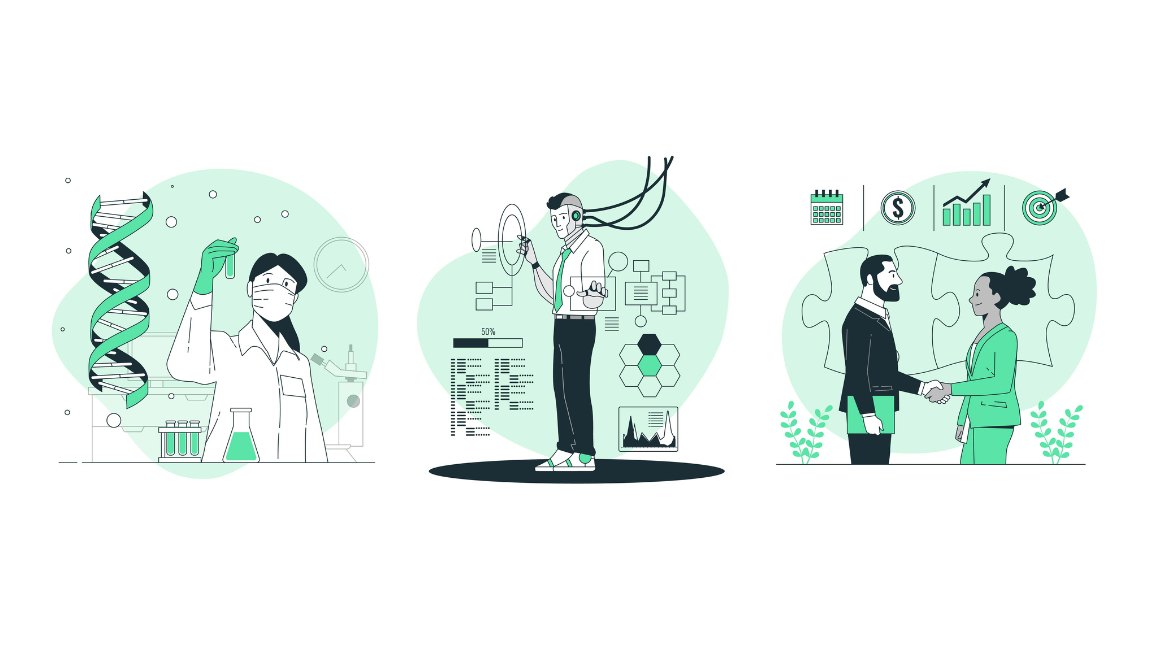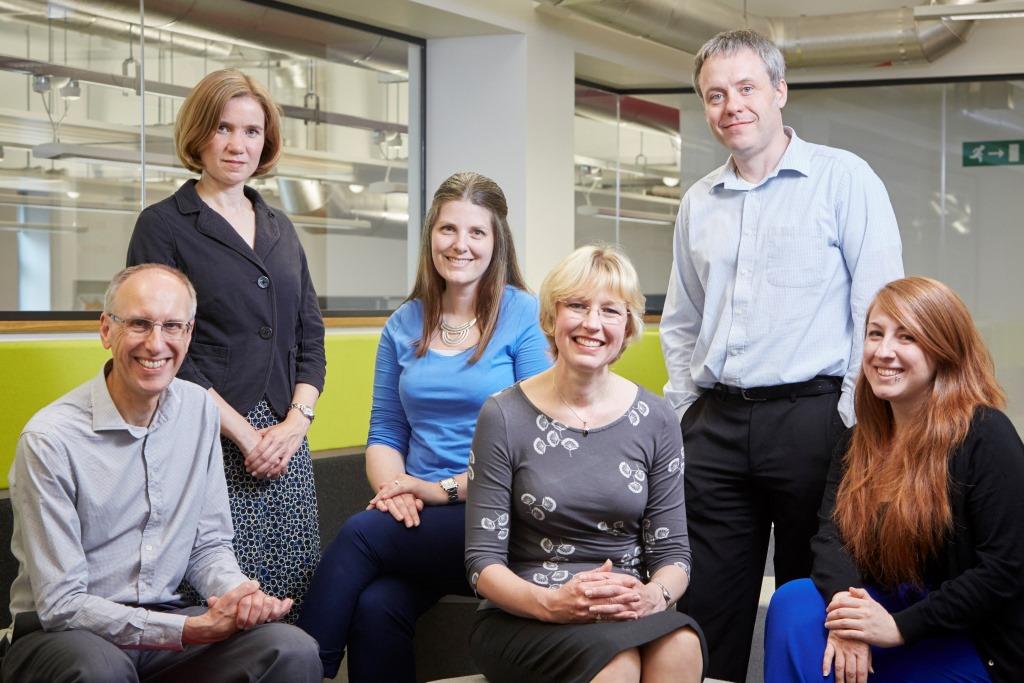Archive for Rowan Grant

An academic’s guide to medtech translation
This online guide is designed for academics and researchers and will be useful for anyone with an interest in medical technologies innovation and translation, with a focus for innovators based in higher education or research institutions.
Throughout this guide, we will give an overview of the medtech innovation pathway, common hurdles and pitfalls, and case studies of successful translation to equip you with the right skills and information to support you on your translational journey.
Our expertise in this field was developed through the Medical Technologies Innovation and Knowledge Centre (IKC) established by the University of Leeds in 2009, and through Grow MedTech, a consortium of six universities set up in 2018.
Through these programmes, and working with our industry partners, we’ve progressed over 250 projects (proof of concept or technology development and demonstration), of which 84 have gone beyond Technology Readiness Level (TRL) 5 – with over 50 products or services reaching the market.
Our guide is hosted on the iMBE (University of Leeds) website –
Use the Academic’s guide to medtech translation now
How this guide can help you
As an academic and researcher, your career ambition may well be to make an impact. partnering with a company, working with patients to develop solutions, or setting up a business can be a way of achieving this long-term impact. The reason you choose to translate your research may not always be for financial returns: it can be an effective way to enhance and sustain research activities after initial funding ends. Commercialisation of your developments can be the most effective way to ensure innovative technologies and treatments maximise the benefit for patients and health services by making those innovations widely available and sustainable.
Translating research can distinguish you and your work from your peers, while also making an extensive, positive impact on society.
Translating research in medical technologies is complex, with many phases, challenges and regulatory considerations. It takes a team, with involvement from many specialists to successfully translate research into a new product or service for patient benefit.
This guide provides practical advice to help you navigate the innovation pathway for medical technologies and will signpost you to appropriate support and resources available for each stage.
Support to develop your business case
The guide is broken down into accessible units, relevant to the different stages of your innovation journey. You can start at the beginning and work to the end or select where you are in your innovation journey and learn from there.
In each chapter you will find information, guidance and further resources relevant to academics in the UK. The guide has been co-funded by the University of Leeds, so there’s also specific guidance for participants from Leeds to follow.
There is a checklist at the end of each chapter to help build your business plan. Business plans are an essential tool that can be used in a multitude of ways – in funding applications, to attract collaborators, commercial partners, and investors. Information from the reflective tasks can be used to inform the development of your business plan, which will become a living document and asset as you navigate your innovation journey.
Our guide is hosted on the iMBE (University of Leeds) website –
Use the Academic’s guide to medtech translation now
Read MoreImproving health and wealth with DePuy Synthes
The National Centre for Universities and Business State of the Relationship Report 2017 highlights the partnership between the University of Leeds and DePuy Synthes – page 66.
The annual report provides strong examples of university business partnerships with updated metrics on progress in collaboration between universities, business and government in the UK monitor show solid healthy growth:
- Investment in university business collaboration from both foreign and domestic companies is growing with foreign investment outstripping domestic growth by four times (£1.3bn compared with £336m).
- Industry income for knowledge exchange activities (excluding licensing) received by universities increased by 4.5% in real terms – £906m in 2014 to £947m.
- Postgraduate employment and commercialisation activities are also growing.
- Despite previous concerns, the size of average deals with businesses, small and large, is holding.
Regen Magazine 2016
Regen is the magazine for Regener8 members and the wider regenerative medicine community. It highlights the latest news on innovation, technologies and therapies for translational regenerative medicine.
Download Regen (opens PDF in new window)
Read MoreVideo: Working in partnership with Tissue Regenix
Regenerative medical technology company Tissue Regenix Group is a prime example of what can be achieved when the worlds of academia and business come together.
The company was spun out of research conducted at the University of Leeds, looking at the potential of decellurising biological materials from human or animal donor tissues, crucially leaving intact a receptive matrix for patients’ own cells to build upon, regenerating healthy tissue in damaged or worn out areas of the body.
A pioneer in its industry, Tissue Regenix remains committed to ongoing research and improved patient outcomes, particularly within the areas of cardiac, wound care and sports medicine.
In this video, CEO Antony Odell and his team tell the Telegraph Business Club how the enterprise has grown from its intriguing, fledgling university research to become an international concern.
Read More
Medical Technologies IKC Annual Review 2015
This annual review sets out the activities and achievements of the Medical Technologies IKC to September 2015. It covers our:
- Future plans
- Achievements
- New projects
- Partners and membership
- Commercial impact
- IP Portfolio
- Personnel and skills development
Download the Medical Technologies IKC Annual Review 2015 (opens PDF in new window)
Read More
